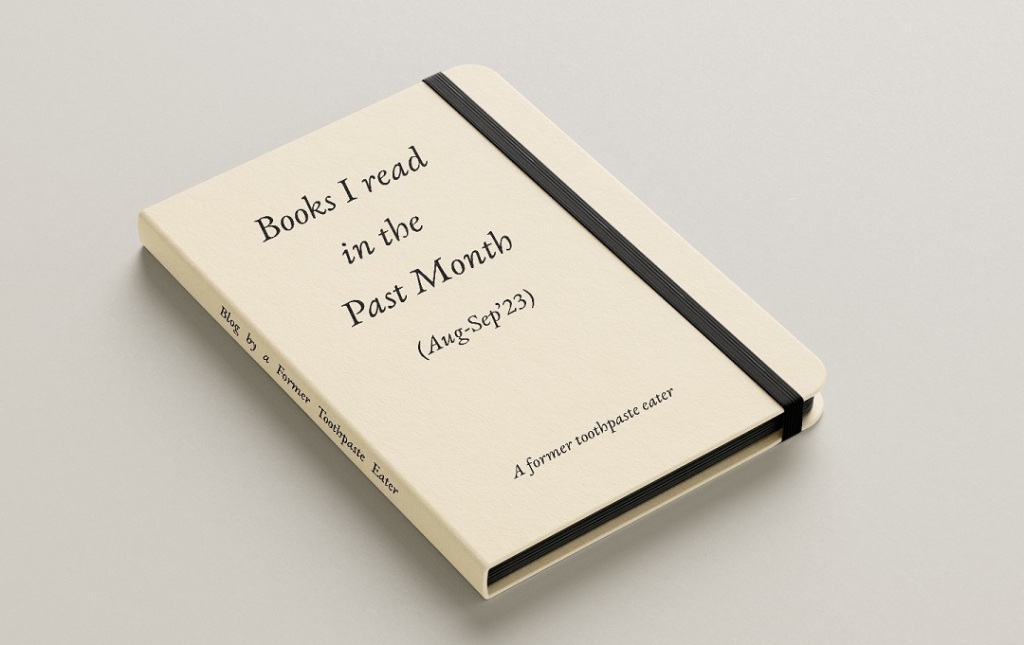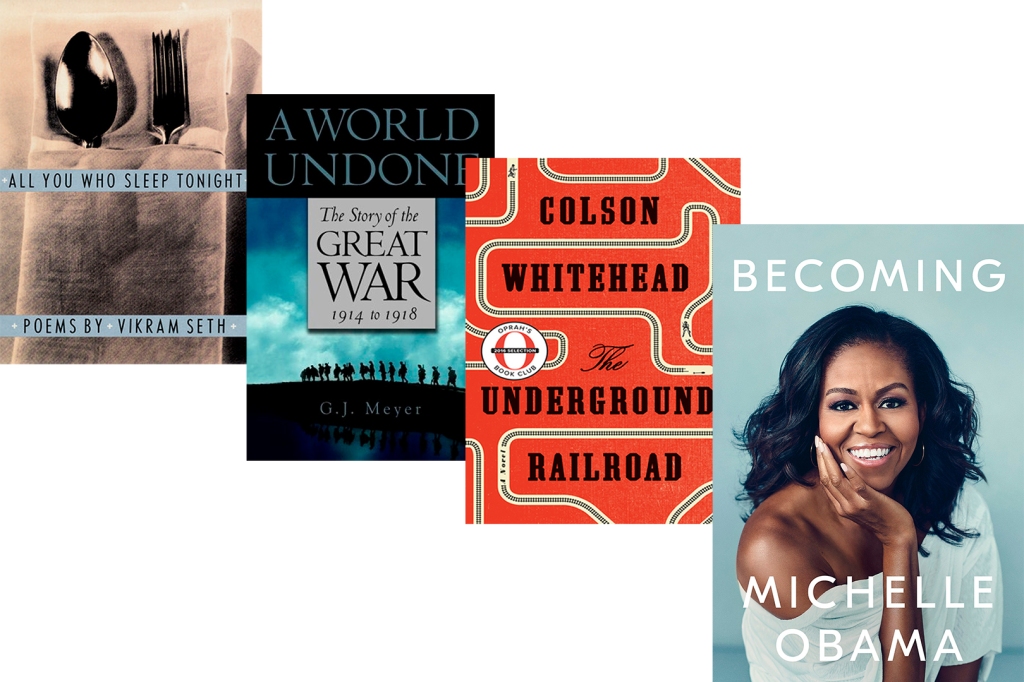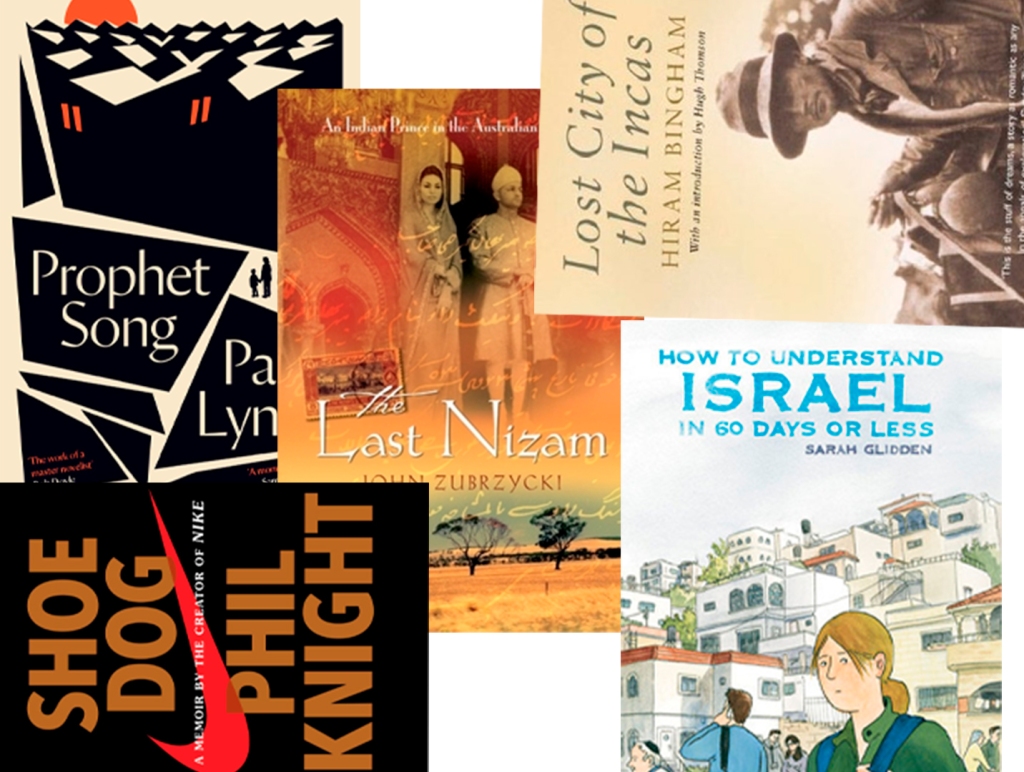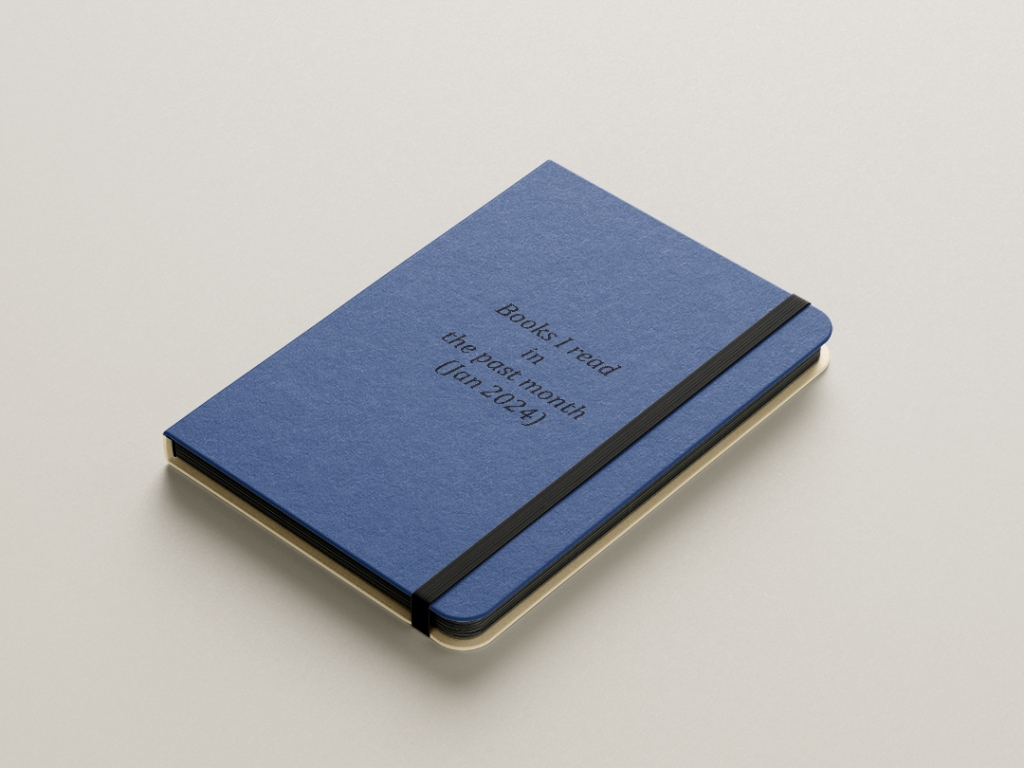
- Song of Solomon – Toni Morrison
My Rating: 3.5/5
“She was the third beer. Not the first one, which the throat receives with almost tearful gratitude; nor the second, that confirms and extends the pleasure of the first. But the third, the one you drink because it’s there, because it can’t hurt, and because what difference does it make?”
This highly celebrated book had been on my wishlist for years and I finally came to read it.
The author is a Nobel laureate as well as a Pulitzer prize winner among all other sorts of literary awards, and this is the best known among her works. Her works have been compared with Gabriel Garcia Marquez.
The story revolves around Macon Dead aka Milkman, whose father and grandfather were also named Macon Dead (an erroneously registered family name). Milkman’s father Macon and aunt Pilate lived with their father but fell to misfortune and had to flee, at some point they got separated over a dispute on some gold they found in a cave. Decades later, Milkman’s father, who shares a loveless marriage with his mother, sends him on an errand to find out the Gold that he believes is still there. In the course of his journeys, Milkman finds out his family history, especially his great grandfather Solomon, who could fly and was a local legend in the tales.
The prose is laced with Satire, revelations and amusing conversations, and is a story of coming of age except the protagonist suddenly comes of age without much being made of it. It was a nice read and not very long either (~280 pages), However on account of it’s being made much of, I naturally expected a lot more from the book, which I found missing. However, I look forward to reading ‘Beloved’ by Toni Morrison which won her the Pulitzer.

2. The Bhagavad Gita – Krishna Dwaipayan Vyas, translated by Sri Aurobindo
I find myself incapable of reviewing the word of god.

3. Sapiens: A Brief History of Humankind – Yuval Noah Harari
My Rating: 5/5
“what looks inevitable in hindsight was far from obvious at the time”
I should have read this book years ago but I missed hopping on the bandwagon when everybody was raving about the book some 10 years back.
Nevertheless, better late than never. I finally made it to this book, and found it to be one of the best non-fiction books I read this year.
If there is any one book which should be made obligatory as a textbook for school-goers, it would be appropriate to name this book as the one.
The book is simply history made accessible and gives each reader a direction for further exploration of their liking. The book starts 70,000 years back and goes till near future, covering tens of millenniums over 500 pages. The simplicity with which it eases through ages to ages is incredible and is simply unbelievable how one is learning about Neanderthals and within 100 pages the talk of imperialism, liberalism and Buddhism is filling the pages.
I personally felt the charm of the book rested in two factors: one being the range it covers and how factually. The other being the professor author’s prose and the style of novelizing a long historical account never ever making it sound boring.
It was a rare book for me in the sense that it was a non-fiction history book and yet a page-turner.

4. Endurance: Shackleton’s Incredible Voyage – Alfred Lansing
My Rating: 4.75/5
Shackleton searched their faces for an answer to the question that troubled him most: How much more could they take? There was no single answer. Some men looked on the point of breaking, while others showed an unmistakable determination to hold out. At least, all of them had survived the night
If you believe your daily struggles are a living hell on earth, well, this book will give you a clearer idea of what that phrase means. What you believe to be perdition might be a daydream for someone.
This was an incredibly unbelievable journeys. One of the most incredible.
In the past 6 months, I have returned to exploration literature every few books, and read about foot journeys, hitch-hikings, mountaineering, never-ending serial train journeys and ship voyages. This was a mix of many types of adventures and it would be a fallacy to call it a ship-based voyage, since the ship wrecked within the first quarter of the book.
It was rather an adventure of survival and hope.
The adventure was so incredible that in my opinion the writing falls short of doing justice to it, and around between 55% and 80% of the book, it becomes monotonous and drab, and the trials of the shipmen cease to have the effect they should. That is however made up by the non-monotoneity of the nature of austerities the group gets thrown into.
The beginning of the book deals with the selection, funding and departure of the voyage, and the shipwreck. After weeks surviving in the floe (ice-sheets) while the ship is stuck there, the ship finally breaks and begins to sink. The mates evacuate and camp elsewhere. They keep moving around and find suitable camping place, surviving on limited rations of tea, milk, hoosh and killing seals and penguins for meat and blubber for food and fuel. After about an year the floes crack and they decide to move towards elephant island relying on the winds to steer their floe using it as a big raft.
Lastly the floe breaks too and they are forced into their boats. After what seems like a nightmarish journey of weeks, they reach the elephant island, and from there, a smaller team makes another, equally savage journey through sea and snowy mountains to get help from the South Georgia islands.
When he saw the three men he stepped back and a look of disbelief came over his face. For a long moment he stood shocked and silent before he spoke.
“Who the hell are you?” he said at last.
The man in the center stepped forward.
“My name is Shackleton,” he replied in a quiet voice.
Again there was silence. Some said that Sørlle turned away and wept.

5. Outwitting the Devil: The Secret to Freedom and Success – Napoleon Hill
My Rating: 3/5
Even though the 270 odd pages in the book can be easily summarized into a 15 page document, had one read that, the effect wouldn’t have translated. In my opinion this is how it is with this, and most other self help books. There is no magic formula written 300 pages long, but rather repetition and reinforcement of the same few ideas in different ways and words which accounts for the entire text.
I would personally call it documented common sense which nobody cared about putting together in a book, until the author did.
I came to this books looking for the controversial part which held its publishing for 70 years, sadly there’s no such thing in the book. Maybe in the the context of the 1940s there might have been.






Leave a comment